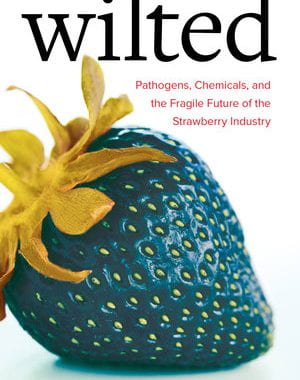Wednesday, April 13, 2022
4:00-5:30 PM
Humanities 2, room 450, OR Zoom Registration
Join SJRC scholars for an open discussion of works-in-progress! This is a wonderful chance to engage with one another’s ideas, and support our own internal work – in our first post-covid hybrid event!
At this session, we will hear from Visiting Scholar and Wellcome Trust Fellow Rachel O’Neill, an Assistant Professor in Media and Communications at the London School of Economics who is undertaking research on ‘wellness’ culture in the UK, with a particular focus on food and nutrition. Professor O’Neill is very much concerned with the cultural politics of wellness, including its gendered, classed, and racialised dimensions.
Professor O’Neill’s project examines the development of ‘wellness’ as a novel cultural formation and new commercial development in the UK, related to but distinct from various ‘healthy living’ trends that have come before it, and closely connected with the aspirational economies of social media. Ethnographic in character, fieldwork to date has involved attending a variety of wellness events, including food festivals, product launches, and industry conferences, alongside interviews with those who actively participate or are otherwise imbricated in this sphere, from ordinary consumers through to Instagram influencers, dietitians, health coaches, medics and clinicians. One of the project’s key concerns is to chart how the rise of wellness coincides – temporally but also ideologically – with the decline of welfare in the UK, not least as growing emphasis is placed on lifestyle change as a public health measure amid the ongoing wake of the Covid-19 pandemic.
Dr. Rachel O’Neill is an Assistant Professor in the Department of Media and Communications at the London School of Economics, specialising in feminist media and cultural studies. Her research centers questions of subjectivity and inequality, primarily in the contemporary UK context but with attention to transnational circulations of culture and capital. She is the author of Seduction: Men, Masculinity and Mediated Intimacy, published by Polity in 2018. Her work has appeared in journals including Feminist Theory, Men & Masculinities, and European Journal of Cultural Studies.


